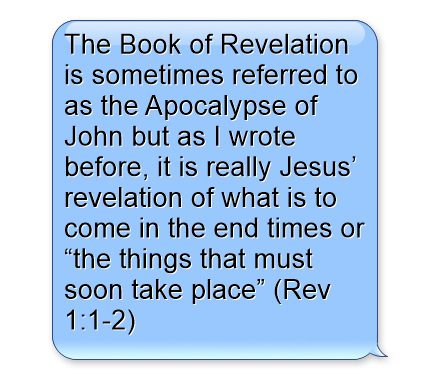
Collins 1998b, McGinn 2000, and Stein 2000 survey apocalypticism from ancient times to the present, while Himmelfarb 2010 surveys Jewish and Christian apocalypses into the Byzantine era.Ĭarey, Greg.

Carey 2005 and Cook 2003 include Christian apocalyptic literature and provide alternative frameworks for interpreting apocalyptic discourse, while VanderKam and Adler 1996 emphasizes Christian apocalyptic literature as an appropriation of Jewish traditions. Nickelsburg 2005 interprets Jewish apocalyptic texts in the context of historical developments. Nevertheless, defining apocalyptic literature, whether in terms of a literary genre, a communicative function, or a body of literature with common characteristics, remains a crucial problem in scholarship.Ĭollins 1998a represents the standard introduction to ancient Jewish apocalyptic literature, providing a survey of apocalyptic literature’s historical development and the consensus definition of a literary apocalypse.

Second, whereas “apocalyptic” once functioned as a noun that encompassed all things apocalyptic, interpreters gravitated toward more-precise distinctions between literary apocalypses (genre), apocalyptic eschatology (ideas), apocalypticism (movements), and apocalyptic discourse (modes of communication). First, a common generic definition regards a literary apocalypse as a narrative account of a revelatory experience involving a visionary and an otherworldly interpreter. During the 1970s and 1980s, consensus emerged regarding two issues. This entry does not emphasize discrete apocalyptic texts instead, it addresses the major questions that have occupied scholars: the historical origins, social settings, development, and interpretation of ancient Jewish and Christian apocalyptic literature. Some treatments approach apocalyptic literature in terms of the classical literary apocalypses, but the phenomenon of apocalyptic literature extends well beyond those boundaries. For multiauthor works, this entry generally refers to the entire book, citing especially important essays where appropriate. Collaborative research and multiauthor anthologies have contributed greatly to the study of apocalyptic literature. In addition to Daniel and Revelation, prominent literary apocalypses include 1 Enoch, 2 and 3 Baruch, 4 Ezra, the Apocalypse of Abraham, the Shepherd of Hermas, and the Apocalypse of Peter.

“Apocalyptic literature” refers to the ancient Jewish and Christian documents that share common concerns, themes, and literary devices with the books of Daniel and Revelation and other literary apocalypses.


 0 kommentar(er)
0 kommentar(er)
